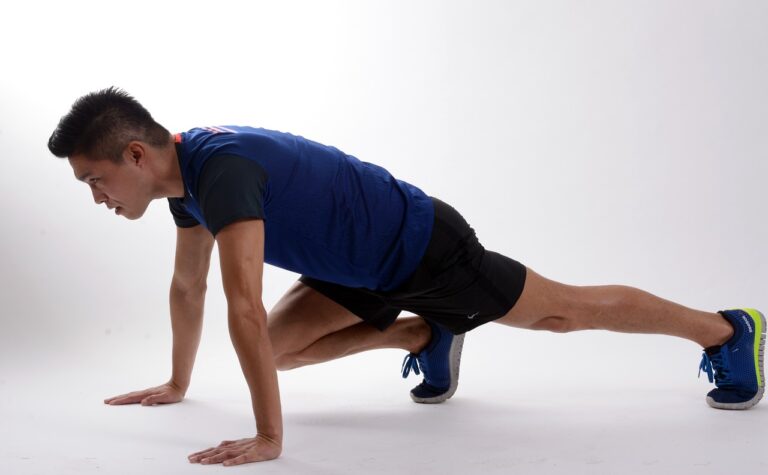The Benefits of Tai Chi and Qigong for Balance and Mobility
Tai Chi and Qigong, ancient mind-body practices from China, offer numerous benefits for improving balance and mobility. Incorporating slow, deliberate movements and mindful breathing, these practices help to strengthen the muscles and improve proprioception, which is the body’s ability to sense its position in space. By enhancing balance, Tai Chi and Qigong can reduce the risk of falls, especially in older adults, and promote a greater sense of stability in everyday movements.
Furthermore, the gentle and flowing nature of Tai Chi and Qigong movements can aid in improving flexibility and joint mobility. By performing these exercises regularly, individuals can increase their range of motion, which can contribute to better posture and overall movement quality. This enhanced flexibility can be particularly beneficial for individuals with joint issues or stiffness, allowing them to move more freely and with reduced discomfort.
Benefits of Tai Chi and Qigong for Improving Posture
Practicing Tai Chi and Qigong can have a positive impact on one’s posture. The slow, deliberate movements in these ancient mind-body practices help to promote body awareness and alignment. By focusing on maintaining proper posture throughout the movements, individuals can strengthen their core muscles and support the spine, leading to improved posture over time.
In addition, the mind-body connection cultivated through Tai Chi and Qigong allows practitioners to develop a heightened sense of body awareness. This increased mindfulness can help individuals recognize and correct postural imbalances that may be contributing to discomfort or pain. By regularly practicing these gentle exercises, individuals can retrain their bodies to adopt a more natural and aligned posture, enhancing overall physical well-being.
• Practicing Tai Chi and Qigong can have a positive impact on one’s posture
• The slow, deliberate movements help promote body awareness and alignment
• Focusing on maintaining proper posture strengthens core muscles and supports the spine
• Mind-body connection cultivated through Tai Chi and Qigong enhances body awareness
• Increased mindfulness helps recognize and correct postural imbalances
• Regular practice can retrain the body to adopt a more natural and aligned posture
Benefits of Tai Chi and Qigong for Enhancing Coordination
Tai Chi and Qigong have been shown to be effective practices for enhancing coordination in individuals of all ages. The slow and deliberate movements in these mind-body exercises help to improve proprioception, which is the body’s sense of where it is in space. By repeatedly performing the flowing sequences of movements, practitioners can enhance their overall balance and spatial awareness.
Moreover, the focus on breath control and mindfulness in Tai Chi and Qigong helps to sharpen the mind-body connection, leading to better coordination and control of movements. By integrating breathing techniques with coordinated movements, individuals can increase their body awareness and strengthen their ability to move with precision and fluidity. This enhanced coordination can translate to improved daily functioning and reduced risk of falls, especially in older adults.
What are some benefits of Tai Chi and Qigong for enhancing coordination?
Practicing Tai Chi and Qigong can help improve coordination by focusing on slow, controlled movements that require balance and precision.
How do Tai Chi and Qigong help with balance and mobility?
Both Tai Chi and Qigong incorporate movements that challenge balance and strengthen muscles, which can improve overall stability and mobility.
Can Tai Chi and Qigong help improve posture?
Yes, the gentle movements and focus on alignment in Tai Chi and Qigong can help improve posture by strengthening core muscles and promoting proper body alignment.
How often should one practice Tai Chi and Qigong to see improvements in coordination?
Consistent practice is key to seeing improvements in coordination. Aim for at least a few sessions per week to experience the benefits of Tai Chi and Qigong for enhancing coordination.
Are there any specific movements in Tai Chi and Qigong that are particularly beneficial for coordination?
Movements that involve shifting weight from one leg to the other, such as “opening and closing” or “cloud hands,” can be especially beneficial for improving coordination in Tai Chi and Qigong.







